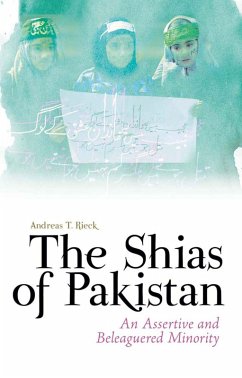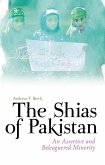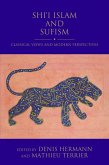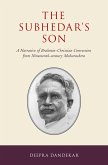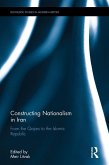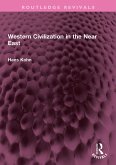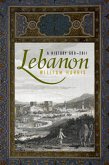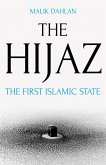The Shias of Pakistan are the world's second largest Shia community after that of Iran, but comprise only 10-15 per cent of Pakistan's population. In recent decades Sunni extremists have increasingly targeted them with hate propaganda and terrorism, yet paradoxically Shias have always been fully integrated into all sections of political, professional and social life without suffering any discrimination. In mainstream politics, the Shia- Sunni divide has never been an issue in Pakistan. Shia politicians in Pakistan have usually downplayed their religious beliefs, but there have always been individuals and groups who emphasised their Shia identity, and who zealously campaigned for equal rights for the Shias wherever and whenever they perceived these to be threatened. Shia 'ulama' have been at the forefront of communal activism in Pakistan since 1949, but Shia laymen also participated in such organisations, as they had in pre-partition India. Based mainly on Urdu sources, Rieck's book examines, first, the history of Pakistan's Shias, including their communal organisations, the growth of the Shia 'ulama' class, of religious schools and rivalry between "orthodox" "ulama" and popular preachers; second, the outcome of lobbying of successive Pakistan governments by Shia organisations; and third, the Shia-Sunni conflict, which is increasingly virulent due to the state's failure to combat Sunni extremism.
Dieser Download kann aus rechtlichen Gründen nur mit Rechnungsadresse in A, B, BG, CY, CZ, D, DK, EW, E, FIN, F, GR, HR, H, IRL, I, LT, L, LR, M, NL, PL, P, R, S, SLO, SK ausgeliefert werden.

